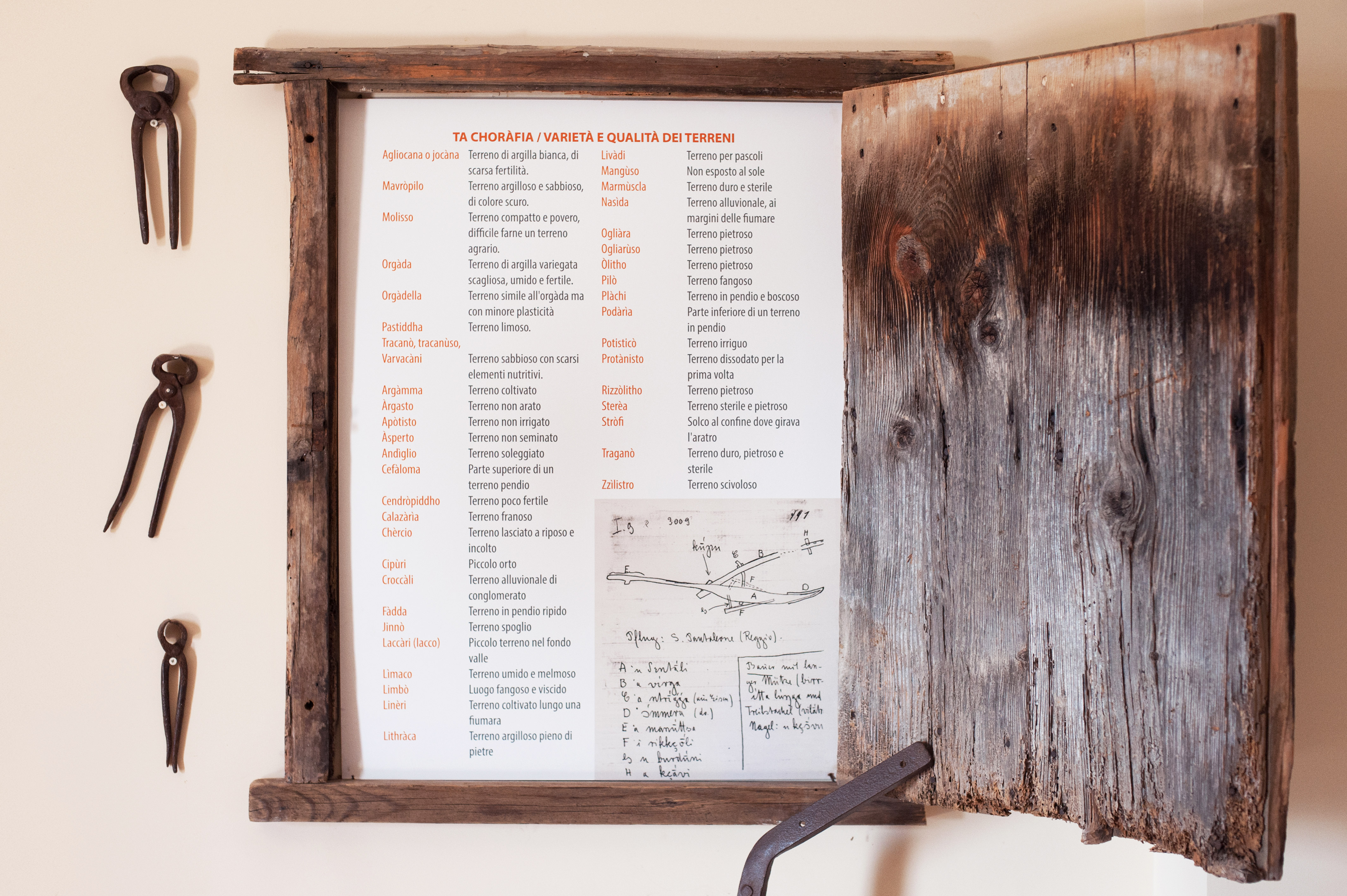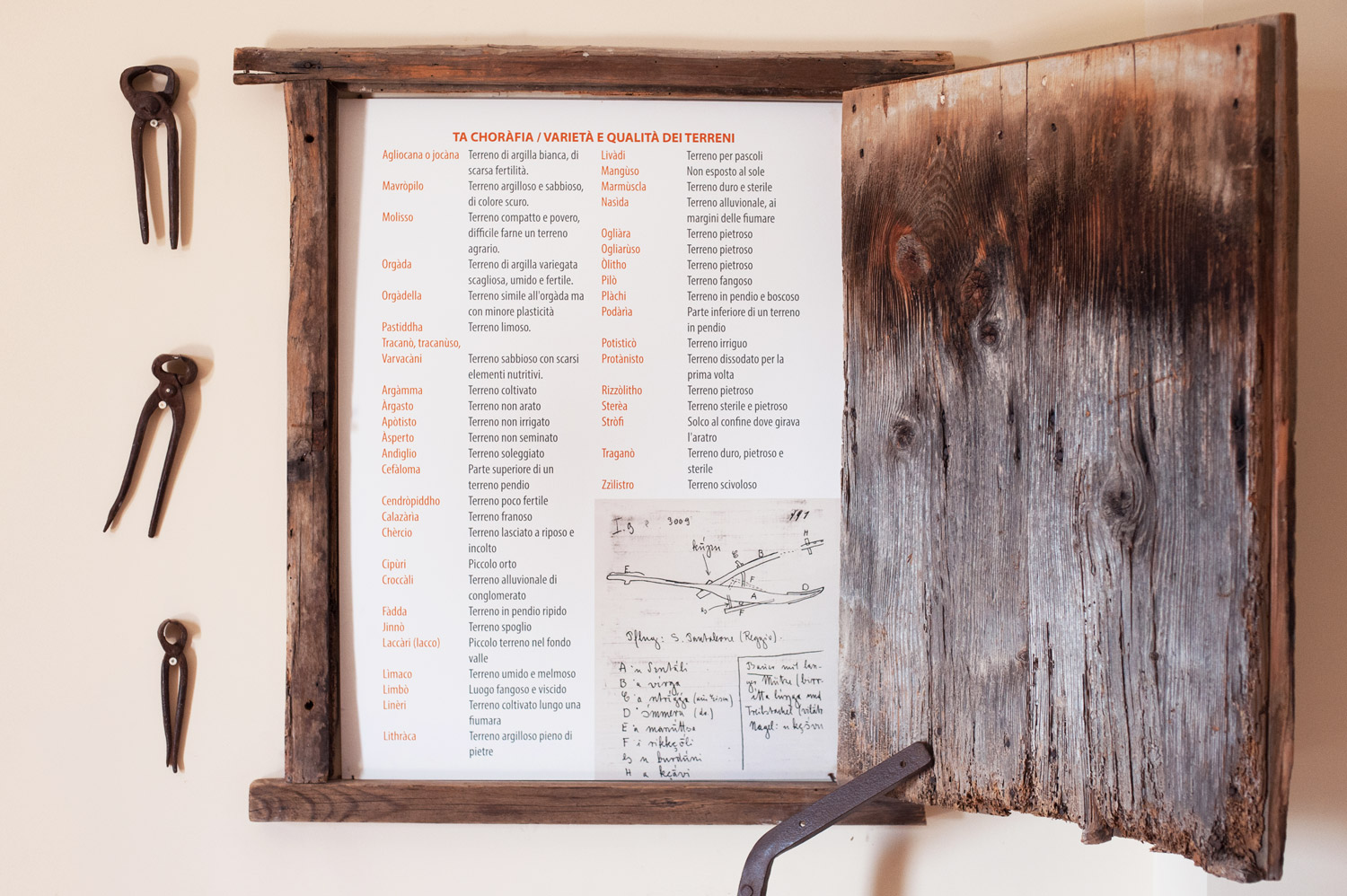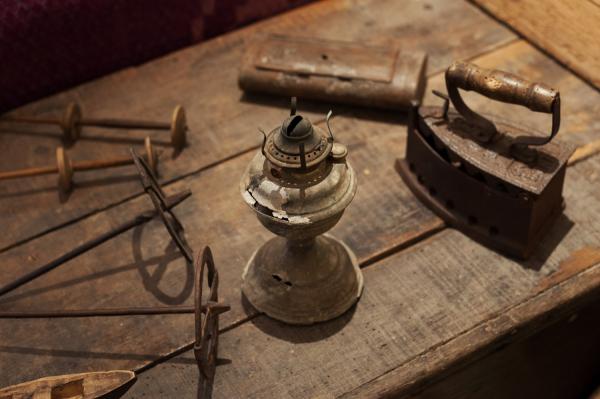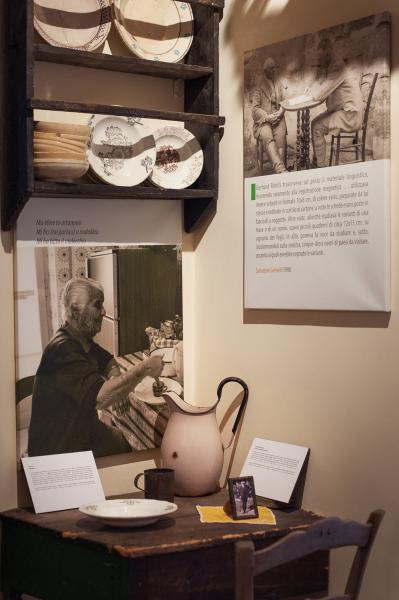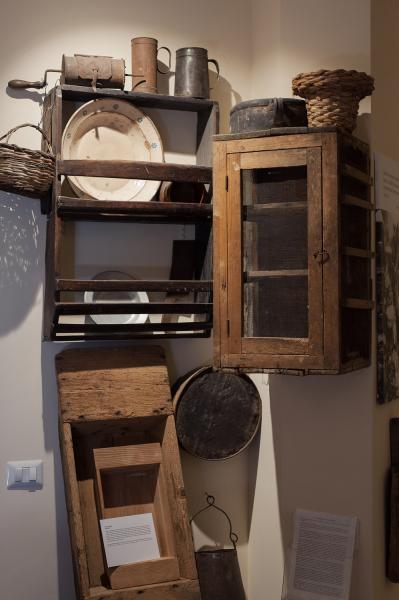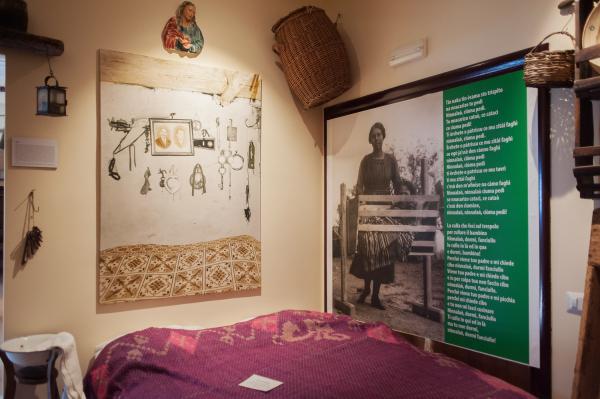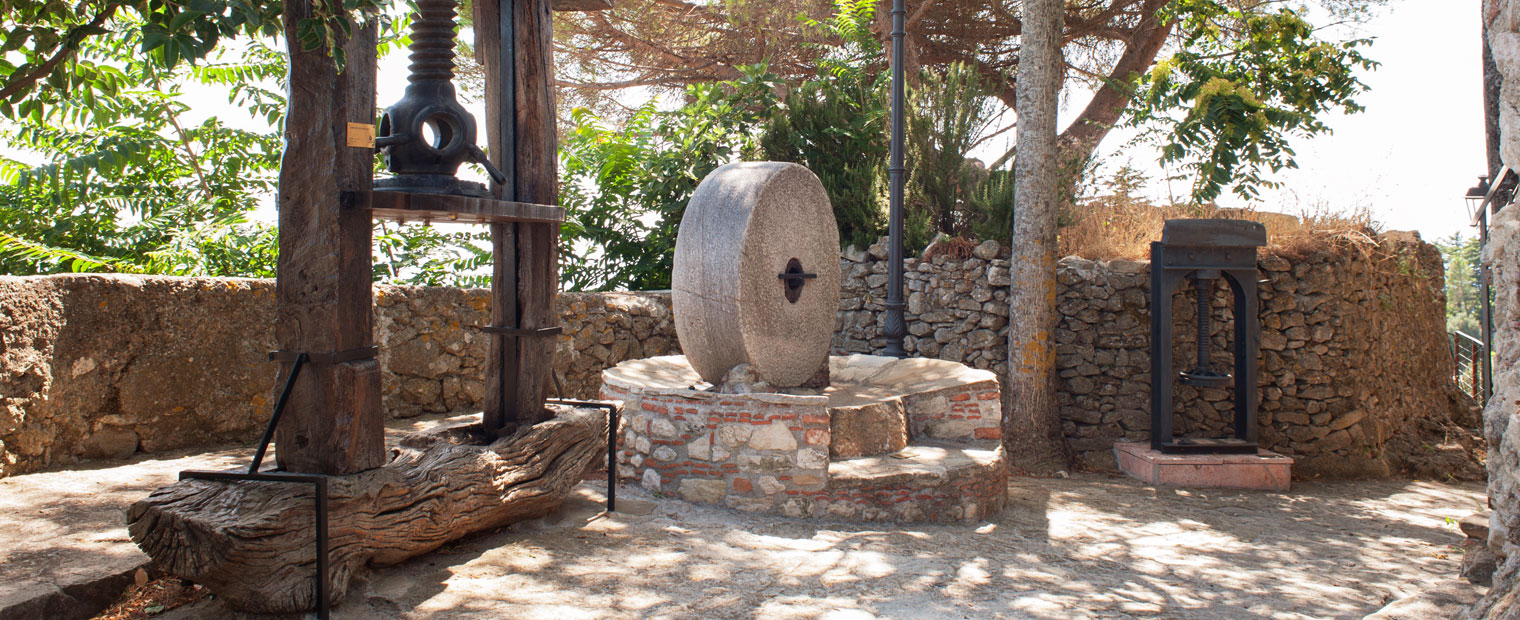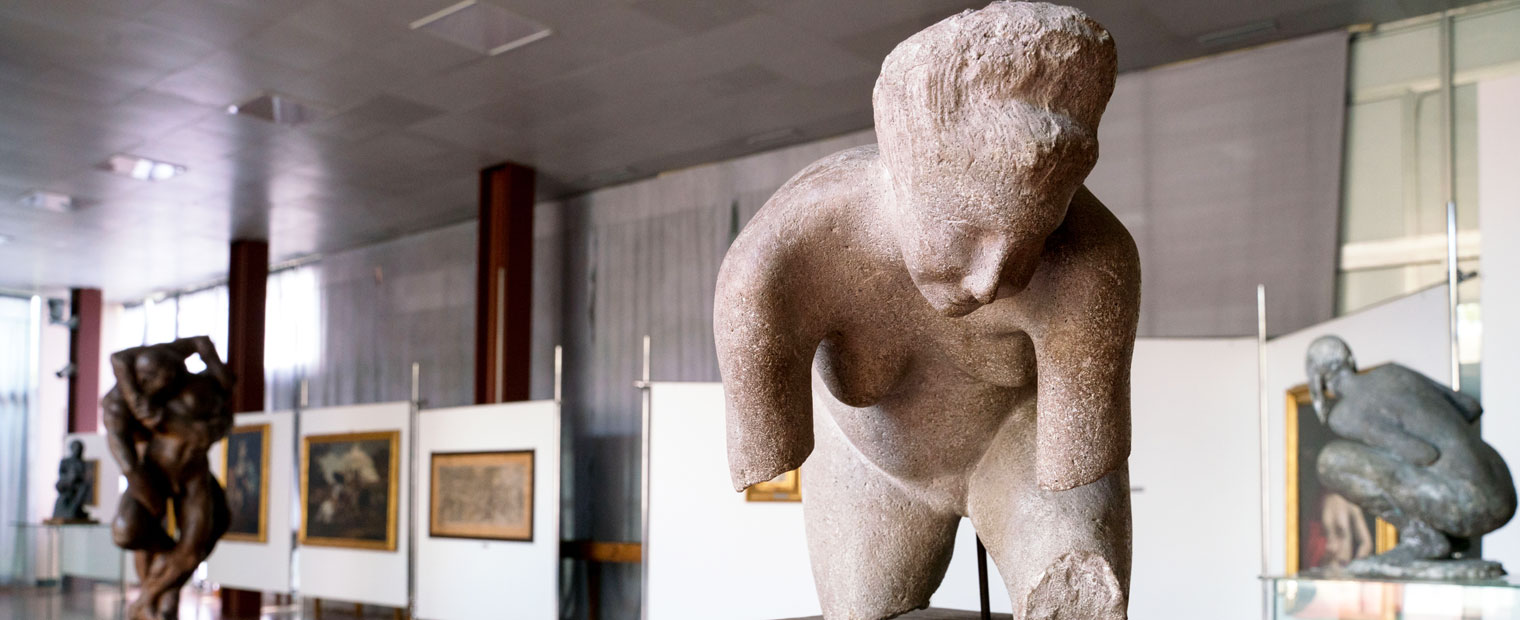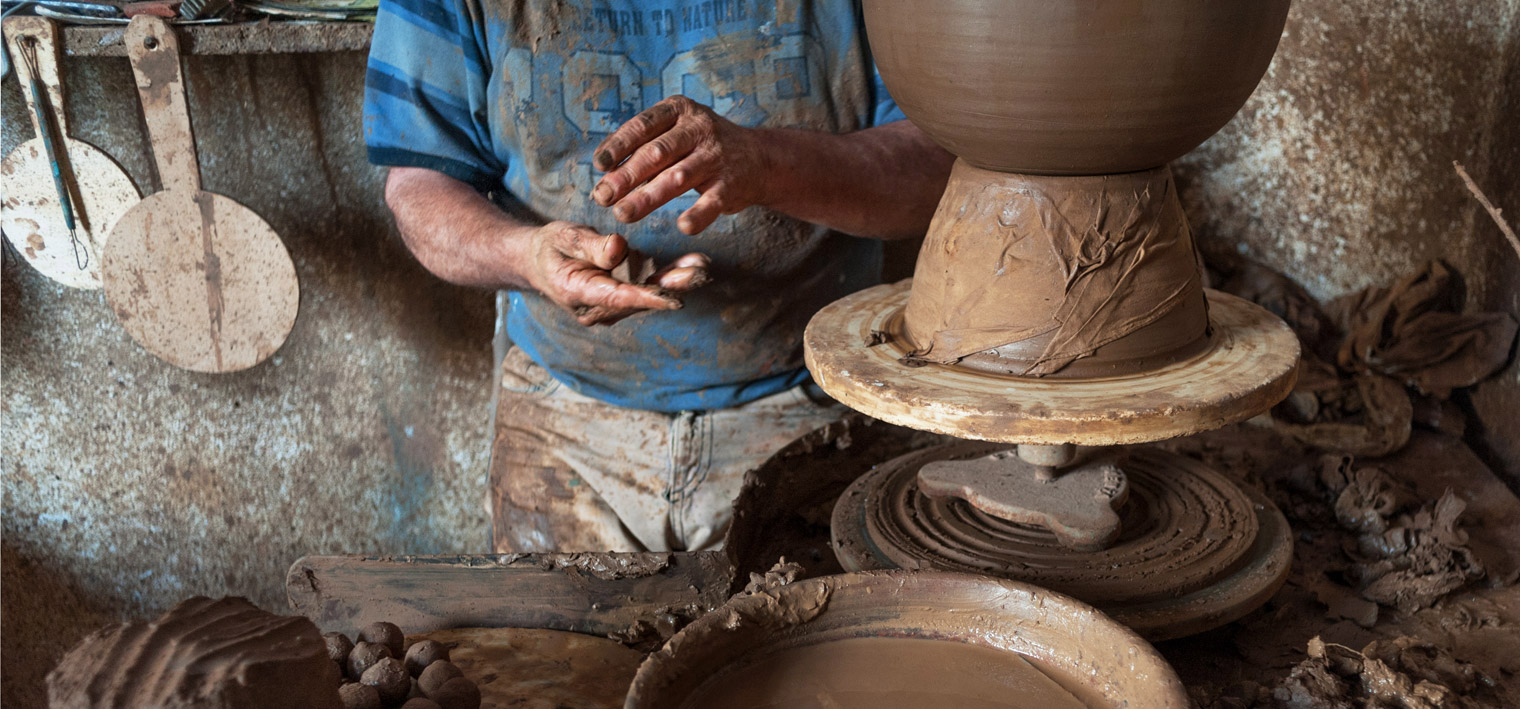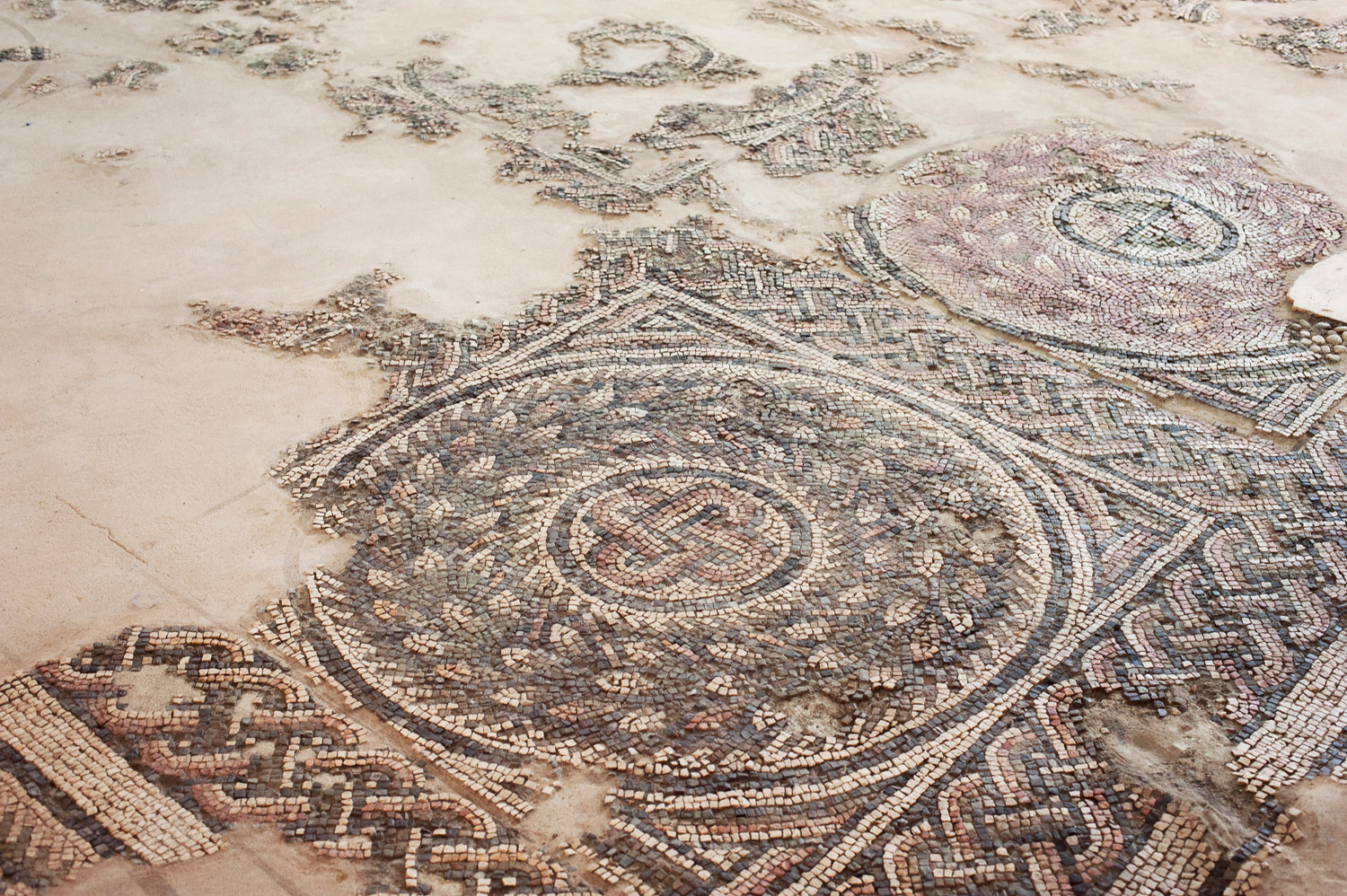Opened on 21 May 2016, the Museo della Lingua Greco-Calabra Gerhard Rohlfs is situated at the entrance to the village of Bova, now acknowledged by the whole world as the chòra” (capital) of the Greek-speaking area. A visit to the museum is a must for those who aim to learn about its history. A large space is dedicated to the works of Rohlfs who, as early as 1924, maintained the Magna Graecia origin of the language.
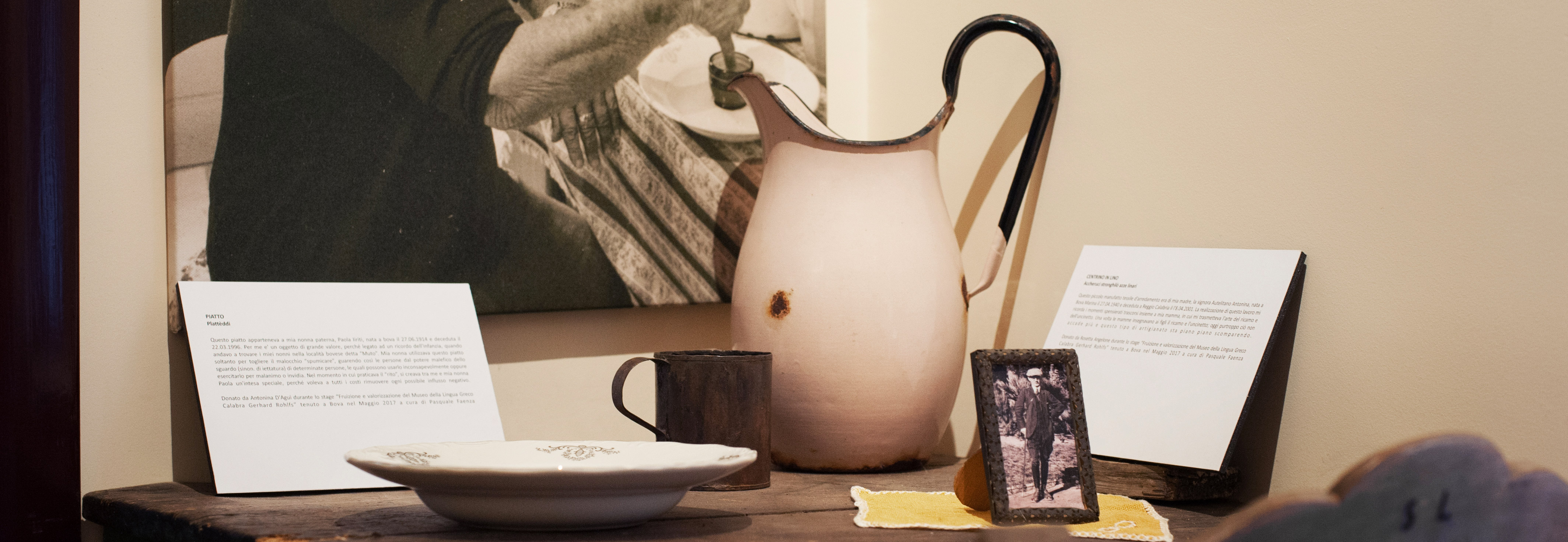
A life dedicated to the ethno-linguistic study of southern Italy
Rohlfs dedicated his life to the field study of the peoples and dialects of southern Italy. Within the myriad publications on this topic, Rohlfs is the main reference for anyone embarking on a study of these topics. His work titled Scavi linguistici nella Magna Grecia, published in 1933, brings together his linguistic researches on the dialects of southern Italy with particular focus on the Greek dialects of Calabria and Puglia, as well as the morphology and lexicon of the Calabrian Romance dialects.
Beyond the language, the customs and everyday life
The Museum was organised to allow visitors to immerse themselves in Calabrian Greek (Grico) culture. In addition to the rare historical photos (blow-ups) bequeathed by the Rohlfs family, some rooms stage environments and situations of the everyday life of the Hellenophone populations, consisting of simple elements that are nevertheless of immense cultural and historical value because they convey ancient traditions.
The Treasure Chest of Memories
Particularly noteworthy in the museum is the Treasure Chest of Memories, which contains relics of the oral tradition, such as sayings and proverbs. In his continuous wanderings through the lands of Calabria, Rohlfs gathered a wealth of information of inestimable value: today this corpus constitutes, thanks to the express will of his descendants, a permanent part of the museum’s collection.
